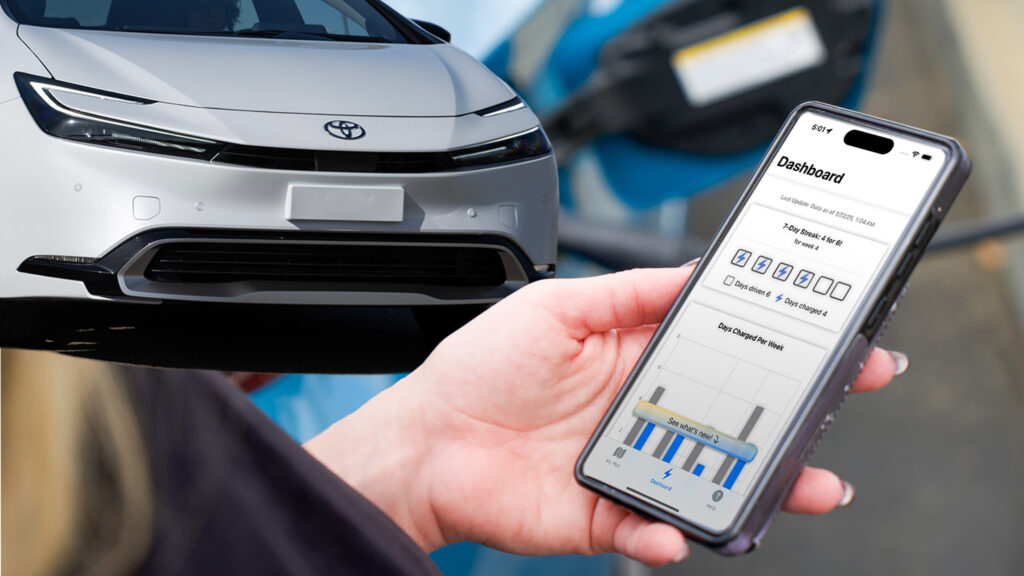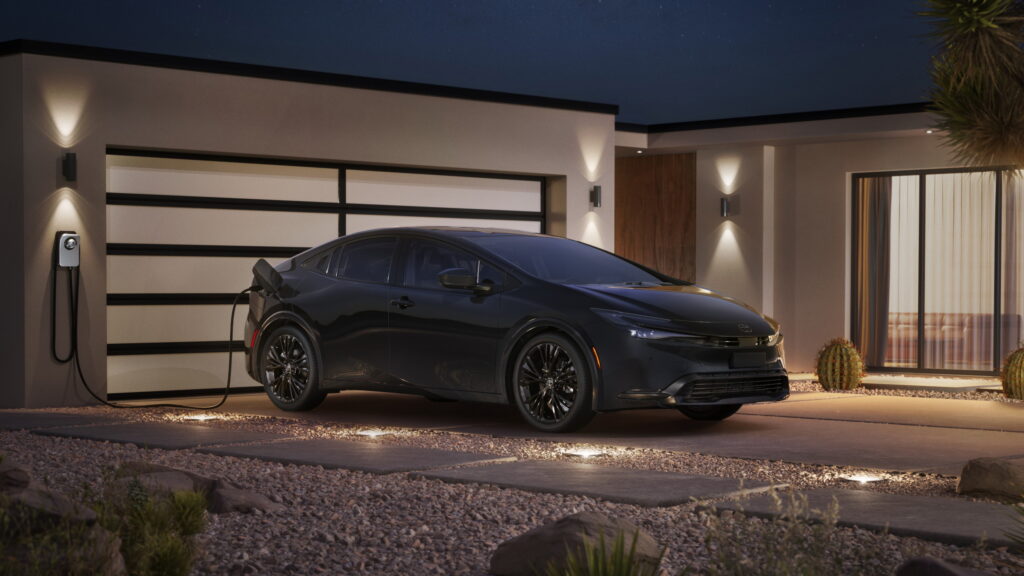Drivers Buy Plug-In Hybrids And Forget The ‘Plug-In’ Part

- Toyota built an app that uses behavioral science to improve EV charging.
- ChargeMinder encourages plug-in habits with rewards and notifications.
- U.S. trials showed a 10% rise in charging and 16% boost in satisfaction.
We might be living in the age of electrification, with all its highs and lows, but EV and plug-in hybrid drivers still need a shove when it comes to charging discipline. Pure battery-electrics have no choice but to plug in, yet plenty of PHEV owners treat their rides like ordinary gas cars and ignore the socket altogether, according to Toyota’s research arm. It’s baffling really; why pay extra for a PHEV only to use it as a glorified hybrid?
To address this curious habit and encourage better routines, the company has developed an app that applies behavioral science and game-like rewards, turning charging into less of a chore and more of a challenge. The Toyota Research Institute (TRI) says it works, and early findings back that up.
Shaping Better Charging Habits
Toyota explains that technology alone cannot deliver lower emissions. For BEVs and PHEVs to achieve their full environmental potential, owners must charge them consistently and, crucially, at the right times when clean energy sources are available.
More: This Toyota Prius Can Cut Emissions By Up To 90% Thanks To A Clever Trick
The smartphone application that can help reach this goal is called ChargeMinder and was developed by TRI’s Human-Centered Artificial Intelligence division. Being a prototype means it is not yet available for download from an app store, but is already delivering results in research trials.
Similar to a fitness app, ChargeMinder uses push notifications, streak tracking, and motivational messages to encourage owners to plug in at the right time. It also includes short quizzes to keep users engaged, while access to vehicle telematics and charging location data allows for more personalized suggestions.
Studies Suggest It Works
As noted by Dr. Laura Libby who works at the Toyota Research Institute, “small, targeted interventions can have a large impact on people’s decisions and actions”, adding that “behavioral interventions are inexpensive and can be deployed quickly”.
More: Diesel Is Dying And Toyota Already Picked Its Replacement
Toyota’s research arm performed “randomized controlled trials” in the US and Japan with EV drivers from 12 different brands. Findings showed that “behavioral science-based interventions significantly improved charging habits”, leading to lower carbon emissions. In short, an app that provides timely reminders and rewards good behavior can benefit both drivers’ wallets and the wider environment.
Numbers Tell The Story
The company reports that behavioral interventions increased PHEV charging by 10 percent among US drivers. At the same time, satisfaction scores climbed by 16 percent, reaching a perfect 100. In Japan, PHEV and BEV drivers shifted their charging to coincide with peak renewable energy hours by 59 percent, while also plugging in for an extra 30 minutes per day during daylight.
The next step for TRI is to expand ChargeMinder with more personalized, data-driven interventions. While Toyota hasn’t announced a public release timeline, it’s hard to imagine it won’t eventually roll it out to the world.

The Auto World
Comments
Post a Comment